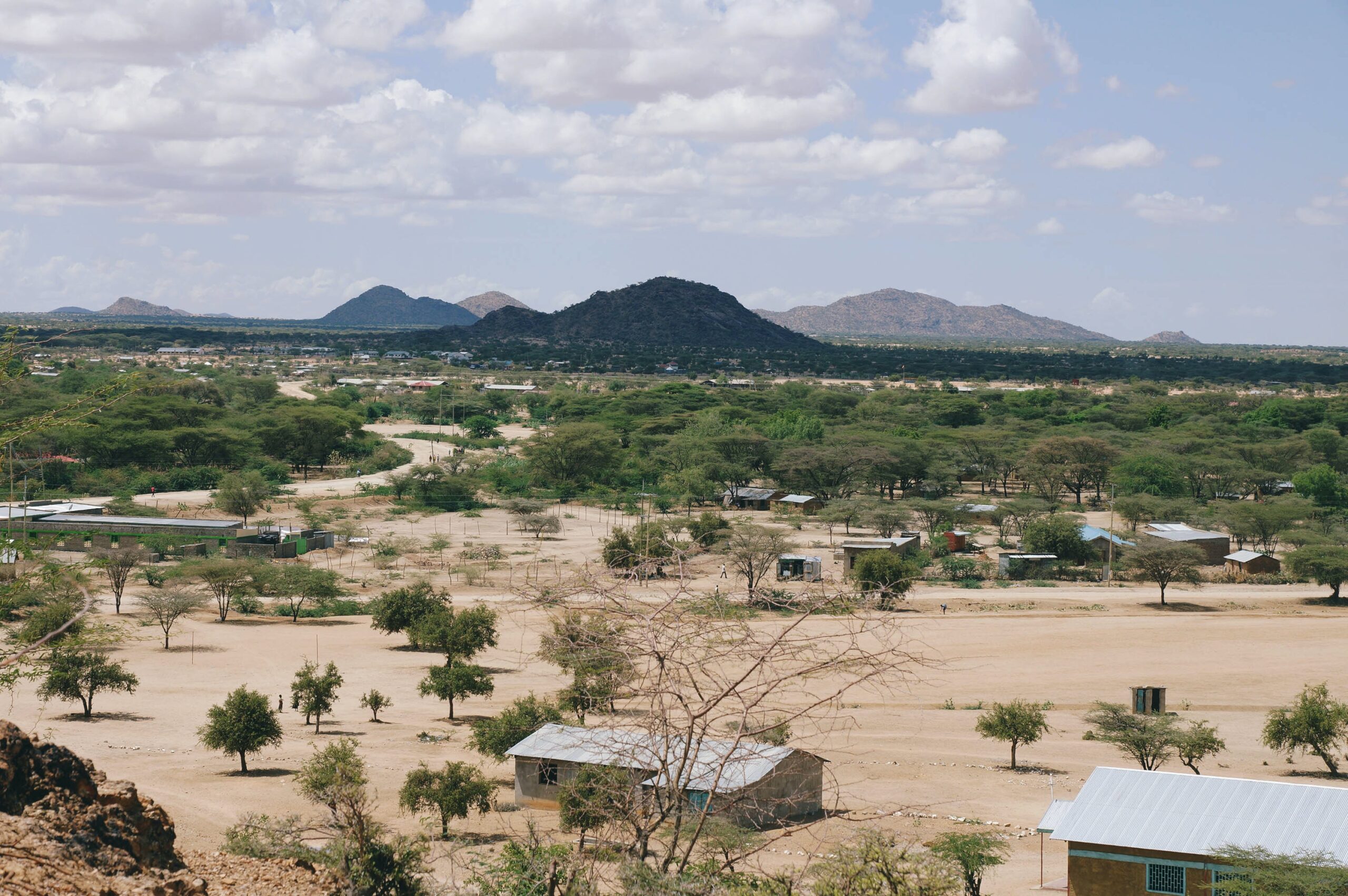
Turkana in Kenya
Turkana refers to several different entities. Here are a few possible meanings:
Turkana is a region in northern Kenya, located in the eastern part of the East African Rift Valley. It is named after Lake Turkana, the world’s largest permanent desert lake and the largest alkaline lake in the world. The Turkana region is known for its unique landscapes, rich cultural heritage, and diverse wildlife.
- Turkana County: is a county located in northwestern Kenya. It is the largest county in Kenya and is named after Lake Turkana, which lies on its northeastern border. The county is home to the Turkana people, who are pastoralists and fishermen. Turkana County is known for its arid landscapes, unique biodiversity, and rich cultural heritage.
- Turkana language: It’s also the name of the language spoken by the Turkana people. It is a Nilotic language belonging to the Eastern Sudanic branch. Turkana is one of the major languages in Kenya and has its own distinct grammar, vocabulary, and pronunciation.
- Lake Turkana: formerly known as Lake Rudolf, is a large alkaline lake in the Great Rift Valley in Kenya. It is the world’s largest permanent desert lake and the largest lake in Kenya. Lake Turkana is known for its stunning scenery and unique geological features. It is also a UNESCO World Heritage Site and is recognized as an important archaeological and paleontological site, with numerous fossils and artifacts discovered in the region.
- Turkana Basin: The Turkana Basin refers to a region in East Africa that encompasses parts of Kenya, Ethiopia, and South Sudan. It is an important area for paleoanthropological research due to its rich fossil record, particularly relating to early human evolution. Numerous significant discoveries, such as the fossilized remains of early hominids like Homo habilis and Homo erectus, have been made in the Turkana Basin.
